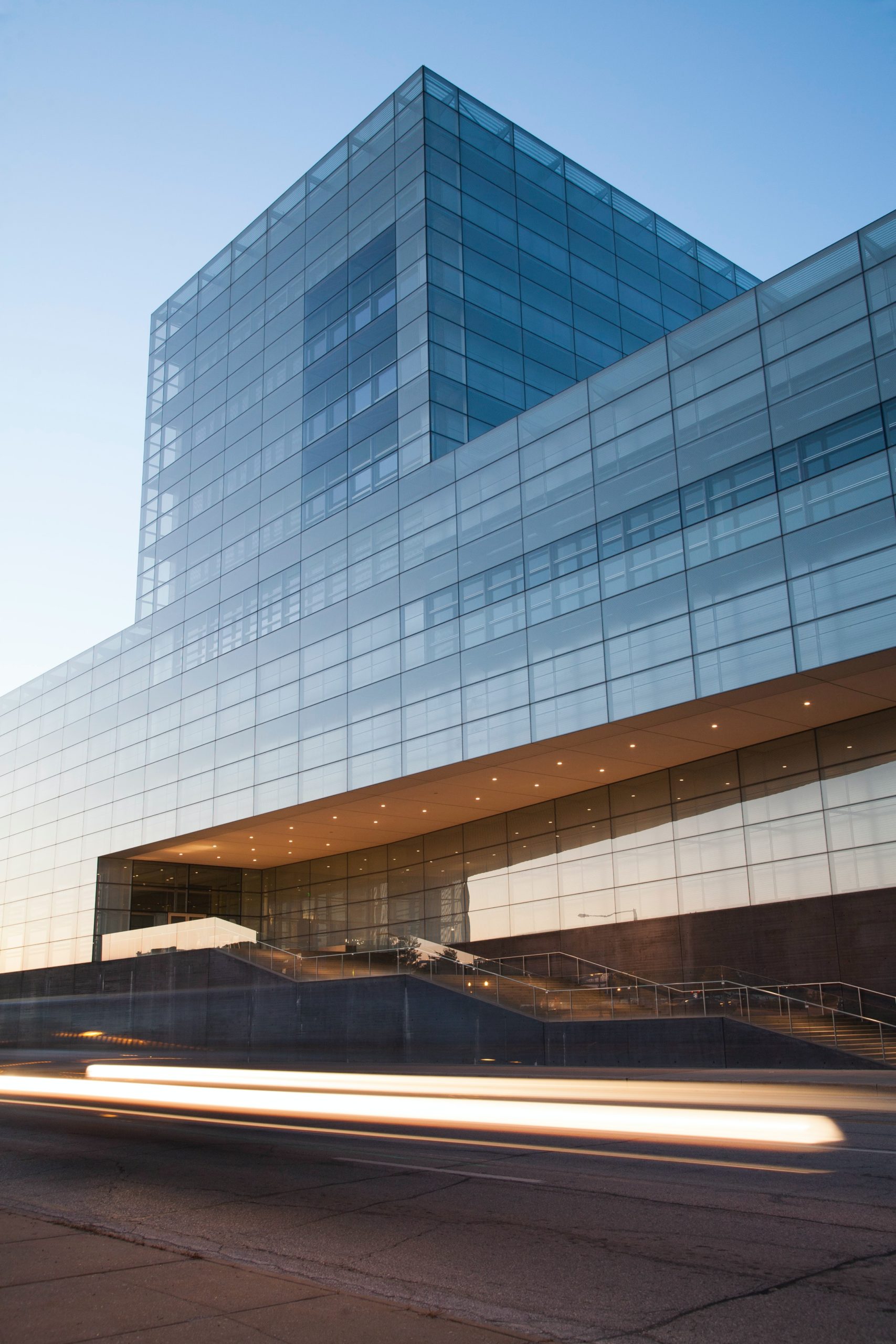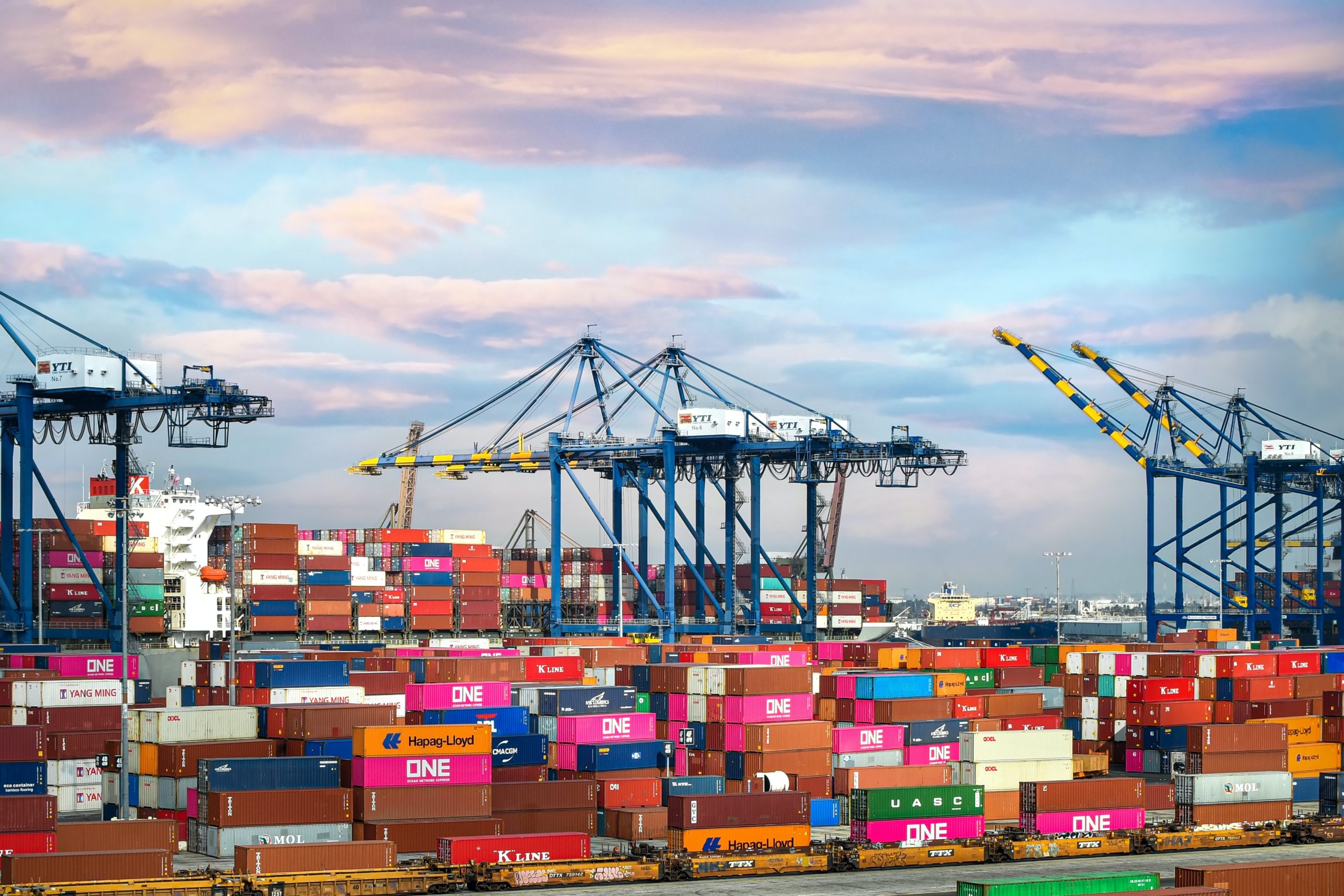The 1993 adoption of the Personal Income Tax Law established the taxing of individual income. Depending on their place of tax residence, expatriates may be required to pay Latvian taxes. Residents of Latvia are subject to taxation on their international income. Non-Latvian citizens are responsible for any money earned there.

Latvian residents
According to domestic law, a person is considered to be a resident of Latvia if they meet the following criteria: their permanent residence is in Latvia; they have been there for at least 183 days during any 12-month period that begins or ends during the tax year, or they are a Latvian citizen who is employed by the Latvian government abroad. People who do not fall within the aforementioned categories are often regarded as non-residents of Latvia for tax reasons. A person is regarded as a resident from the day they entered Latvia during the tax year if they were not during the year preceding the one when taxes are due. A person is not regarded to have been a resident during a post-taxation year if they had closer links to another nation at that time than they had to Latvia and were not taxed during that portion of the tax year after the date they departed Latvia. Ownership of real estate there, financial contributions to the nation’s social security system, or the presence of the expat’s family there may all serve as indicators of closer links. To determine how many days a person has been in Latvia, an actual presence test is utilized.
Personal income tax rates
A progressive PIT system exists in Latvia. Unless the legislation specifies a different rate, the progressive rate is determined using the following formula depending on the amount of yearly income:
- a 20% PIT on earnings up to €20,04 per year
- A PIT of 23% on a yearly income of €20,04 to €78,100
- A 31% PIT is applied on any income over EUR 78,100 annually
Capital gains and capital income
Dividends from income earned after 2017 that have had corporate income tax (CIT) or PIT withheld are subject to a 0% PIT; all other dividends are subject to a 20% PIT. A 20% PIT will be applied to dividends from tax havens and micro business tax (MBT) payers. A single PIT rate of 20% is applied to all forms of capital gains and income. Employer and employee share in the NSIC and ST rates. The standard rates that will apply in 2022 are 23.59% (employer portion) and 10.5%. (employee part). The NSIC income ceiling has been raised to EUR 78,100 in 2022 (from EUR 62,800 in 2021), with ST being applied to any excess gross taxable income. The PIT budget, the state pension budget, and the health insurance budget each received a portion of the ST on the portion of taxable gross income over EUR 78,100.
Royalties
Changes to the taxes system that were expected to apply differently to those who are and are not registered as self-employed people have been delayed until the end of 2022. In 2022, payments made to those who are not registered as independent contractors are considered royalties. Without using a notional expenditure rate, the royalties payer must deduct 25% or 40% PIT from the gross royalties as follows:
- 25% PIT is applied on earnings up to EUR25,000
- 40% PIT on earnings above EUR25,000
Differential personal allowance (DPA)
Unless the employee has opted not to apply a DPA, the employer will be compelled to apply a DPA projected by the SRS to workers who have submitted their pay tax book in 2022. Employers will be notified by the SRS through the Electronic Declaration System (EDS) of the anticipated DPAs that apply. The employee portion of NSIC may be withheld by the employer for PIT reasons. Each dependent is eligible to receive a monthly dependant stipend of EUR 250. Employees should be treated as if such allowances were effectively decreasing their take-home pay subject to a 20% PIT. The employee has the option to decline the monthly personal allowance and may ask the company to do so. It is recommended to submit the request through the electronic declaration method.
PIT applications made annually
The annual income tax return must be filed by everyone whose yearly income exceeds EUR 78,100. Individuals who are self-employed or must pay more PIT due to incorrectly applied allowances or tax rates are also subject to the need to file. A person might voluntarily submit a tax return to ask for a refund of taxes they have already paid. If certain requirements are completed, the Latvian tax authorities will implement an automated system for the reimbursement of overpaid PIT starting in 2023 for anyone who has not submitted their 2022 tax return by September 2023. Automated PIT refunds will only take place in certain circumstances. On their taxable income, people must apply progressive PIT rates. The whole amount of taxable income, including any relevant flat tax rates, should be taken into account when determining the appropriate rates. Applying the rate of 31% via the yearly income tax return is a formal method to make up for the higher PIT charge at the cost of ST previously paid for individuals who pay Latvian NSIC and ST on their entire income. Therefore, 23% still represents the highest effective rate of PIT for those who pay ST on their whole income. Individuals who do not pay NSIC and ST on their whole income are impacted in this case because they must pay more tax.







